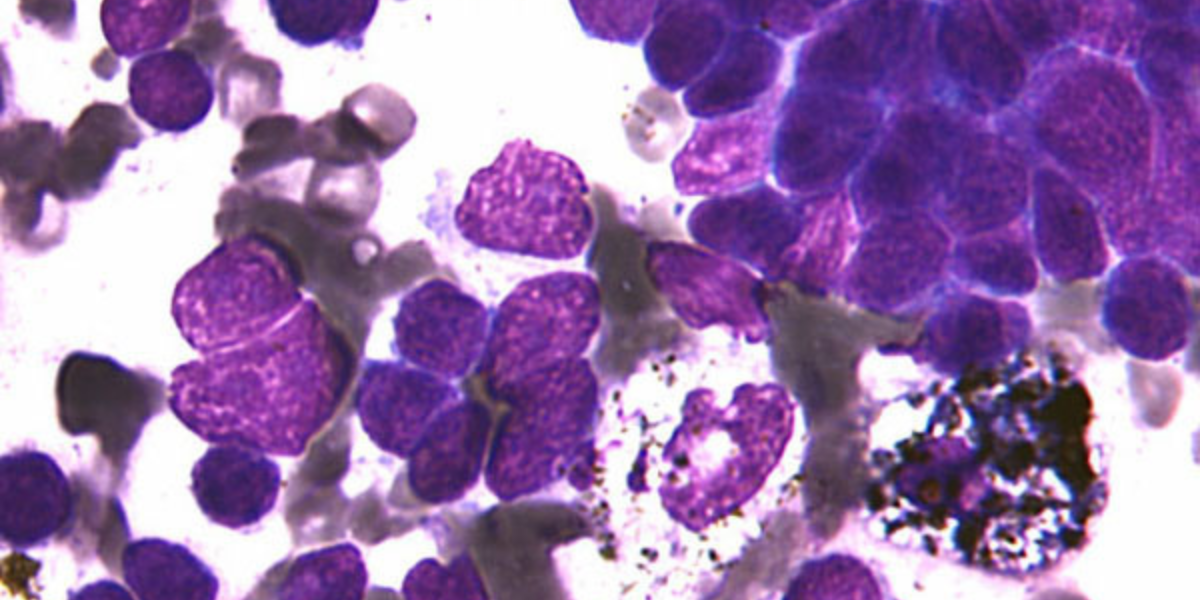Tactical treatment
Cancer treatment for dogs developed by UMN researchers licensed to veterinary biotech company

Cancer treatment for dogs developed by UMN researchers licensed to veterinary biotech company
University of Minnesota researchers have developed a novel form of immunotherapy to treat dogs for cancer and have completed a license agreement with a veterinary biotechnology company to distribute the treatment.
The immunotherapy drug, referred to as a checkpoint inhibitor, is the first of its kind in veterinary medicine for canine cancer and was developed by Michael Olin, PhD., co-director of the Canine Brain Tumor Program and associate professor with the UMN Masonic Cancer Center, in collaboration with Dr. Liz Pluhar, director of the Canine Brain Tumor Clinical Trials Program, and Dr. Christopher Moertel, professor in the Department of Pediatrics at the UMN Medical School.
Checkpoint inhibitors keep certain proteins found on the surface of immunity cells and tumor cells from binding. When these proteins bind, an “off” signal is sent to the immunity cells and prevents them from destroying cancer cells.
Ardent Animal Health, a veterinary biotechnology company based in Kentucky, has completed a license agreement for the inhibitor cancer treatment, according to a news release. Ardent Animal Health develops novel biological treatments for aging-related and inflammatory diseases including cancer. The licensing agreement provides a path to affordable and broadly applicable cancer treatment for dogs at veterinary clinics across the United States.
The immune checkpoint inhibitor treatment developed by the UMN has been successfully evaluated in dogs and is in development for human cancers.
